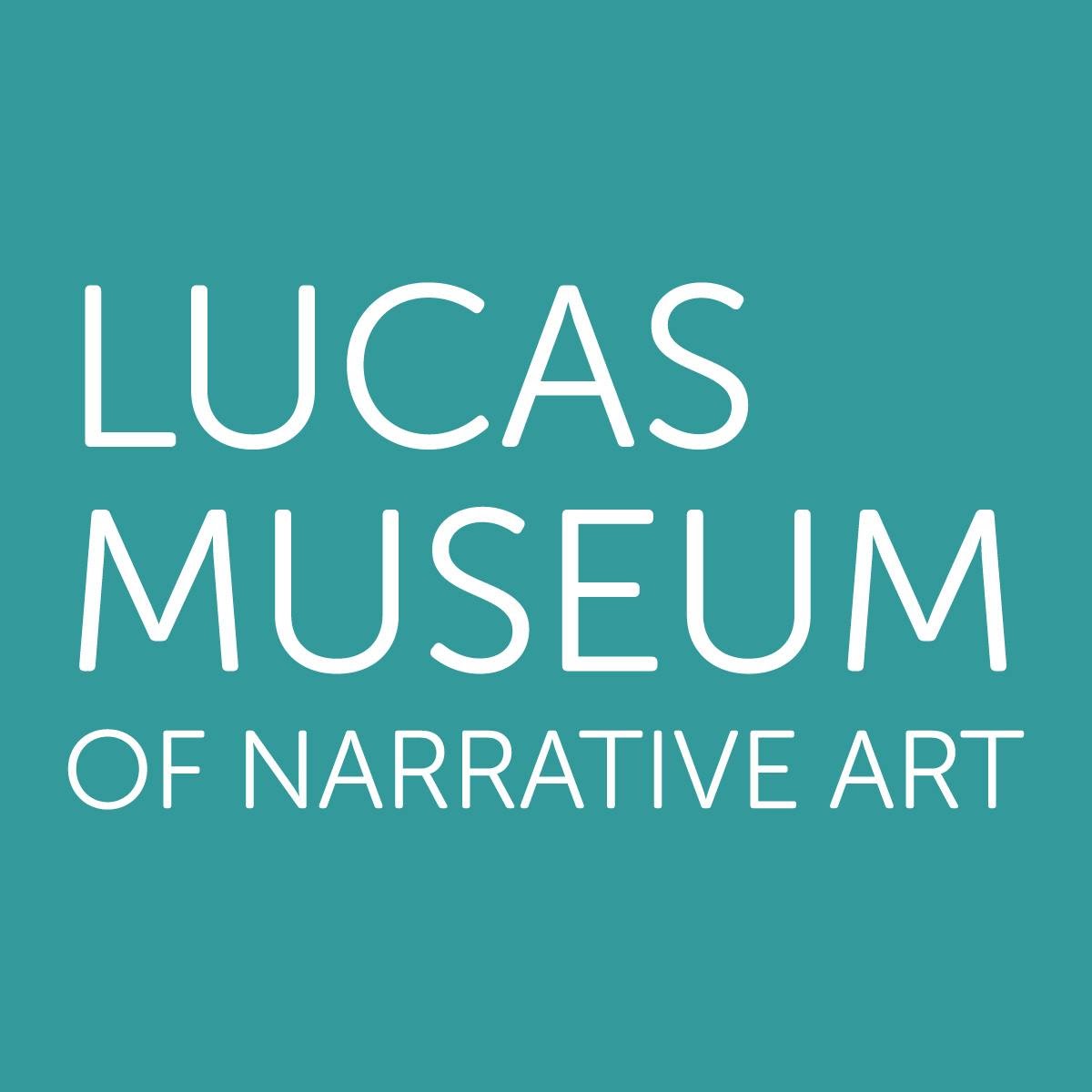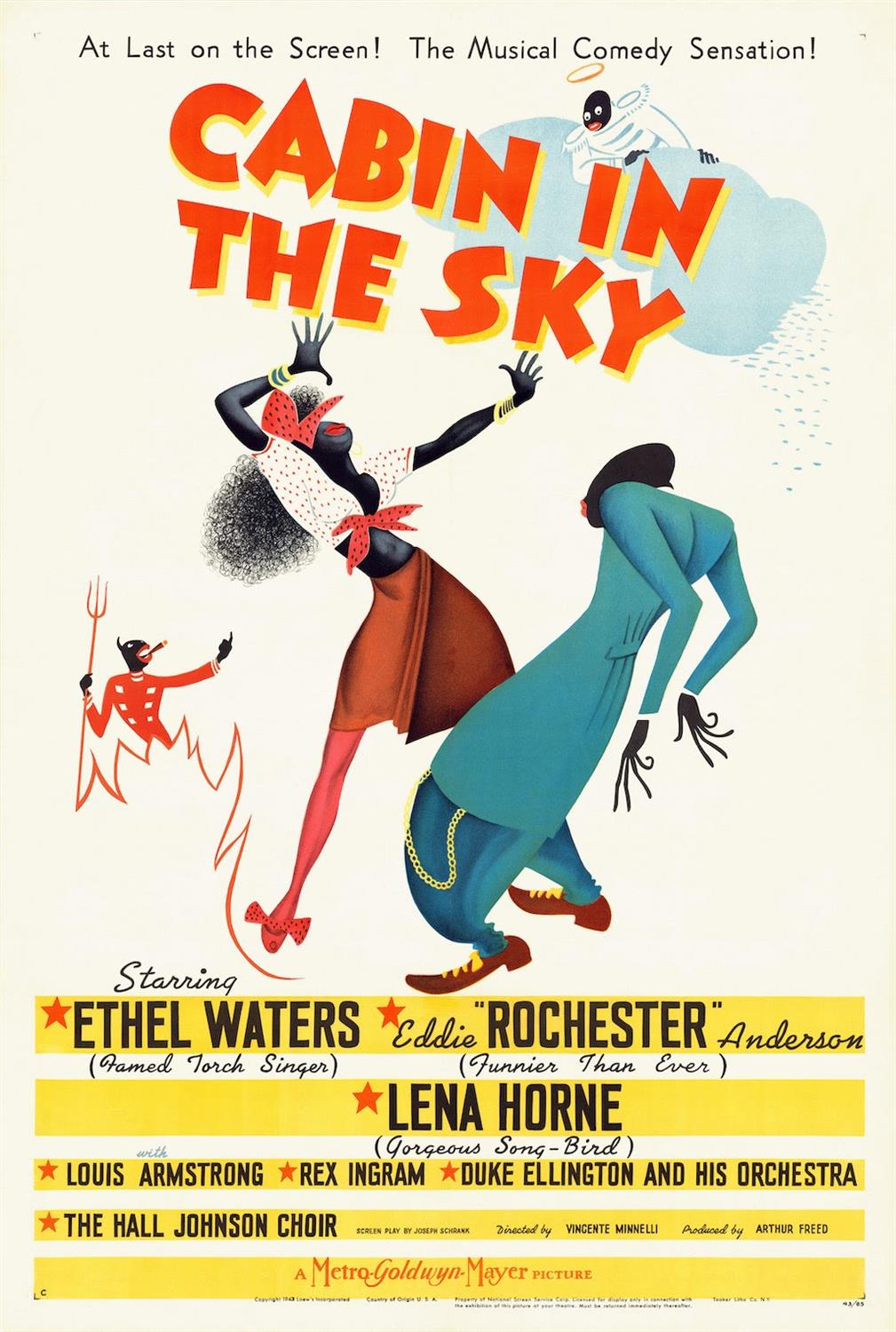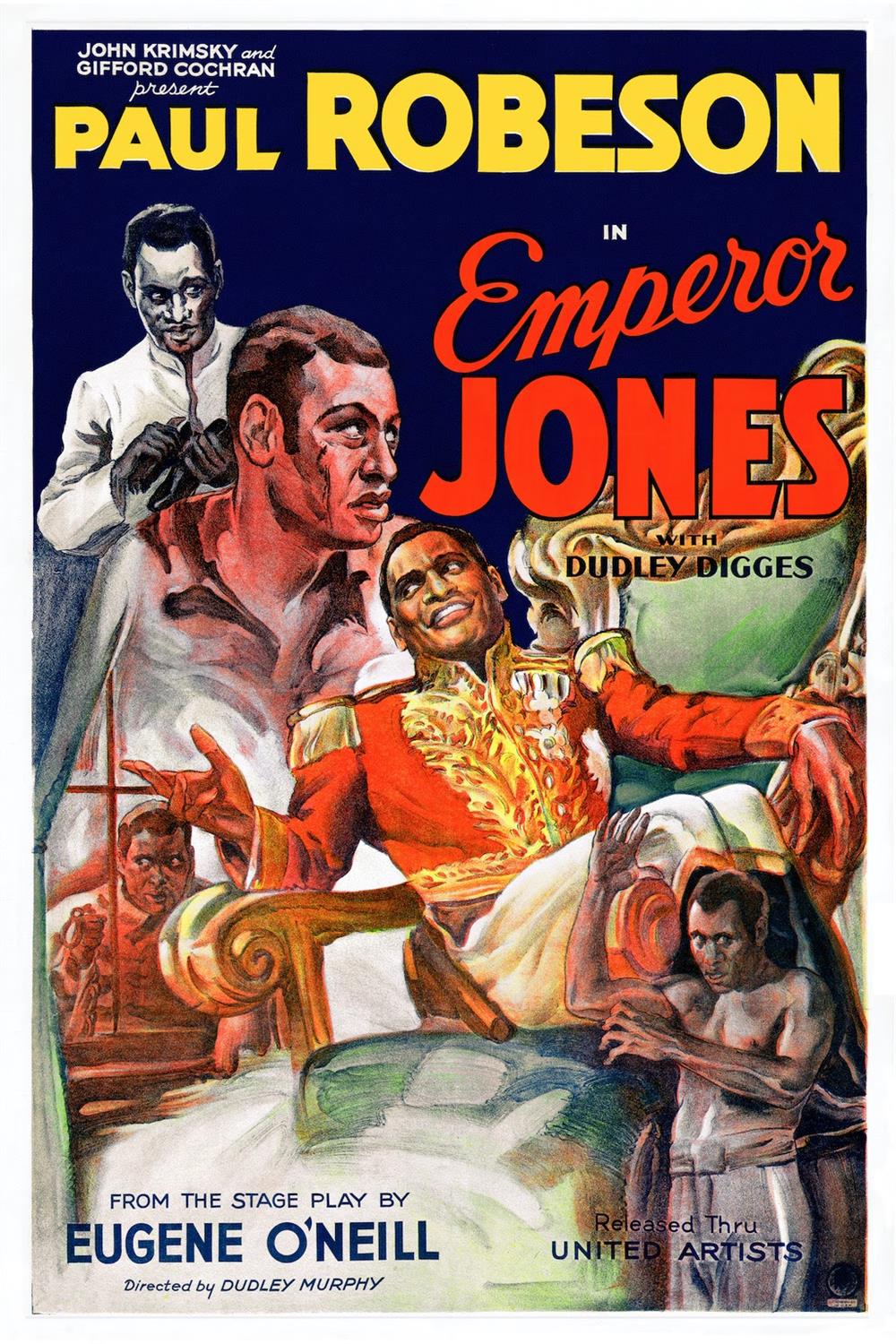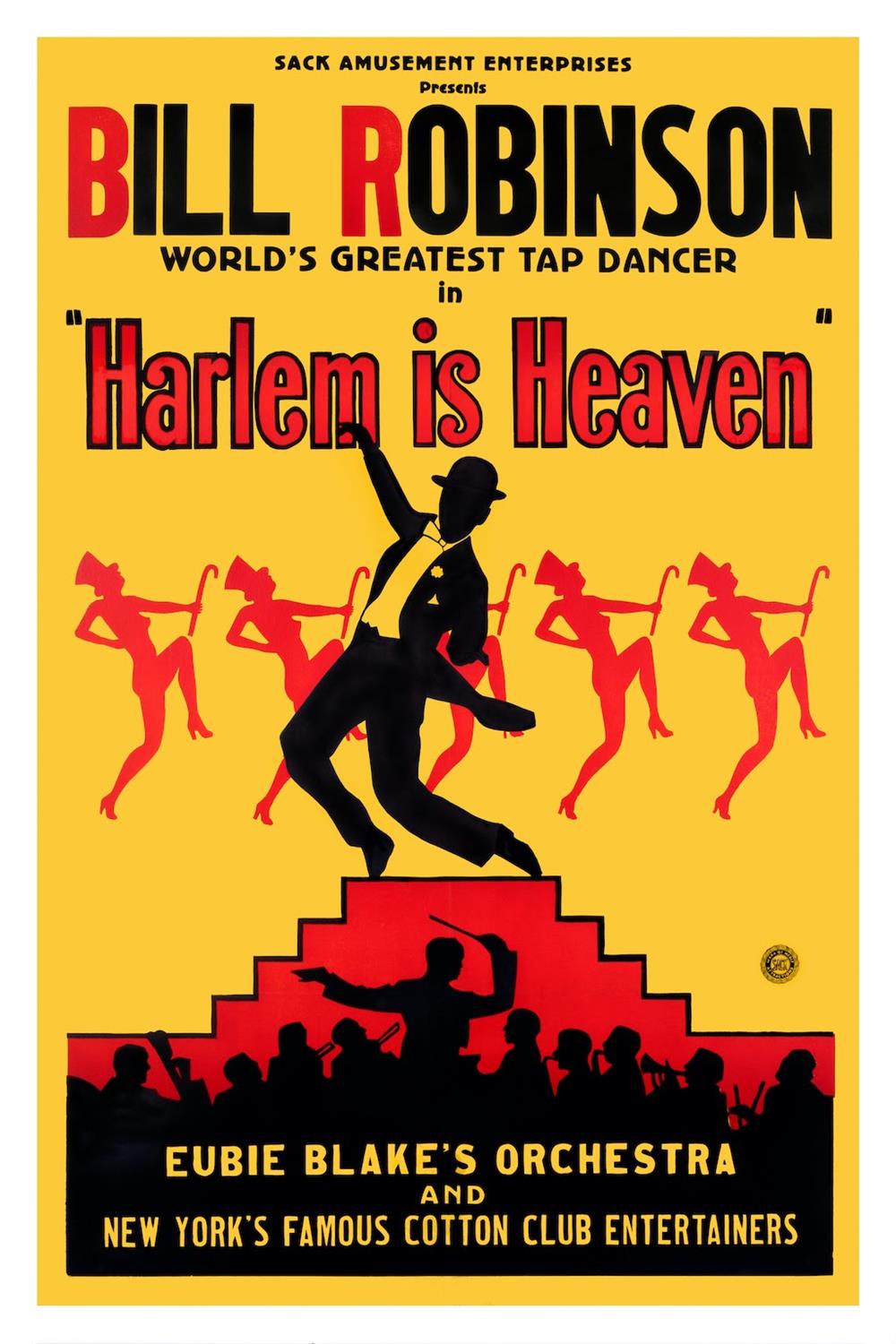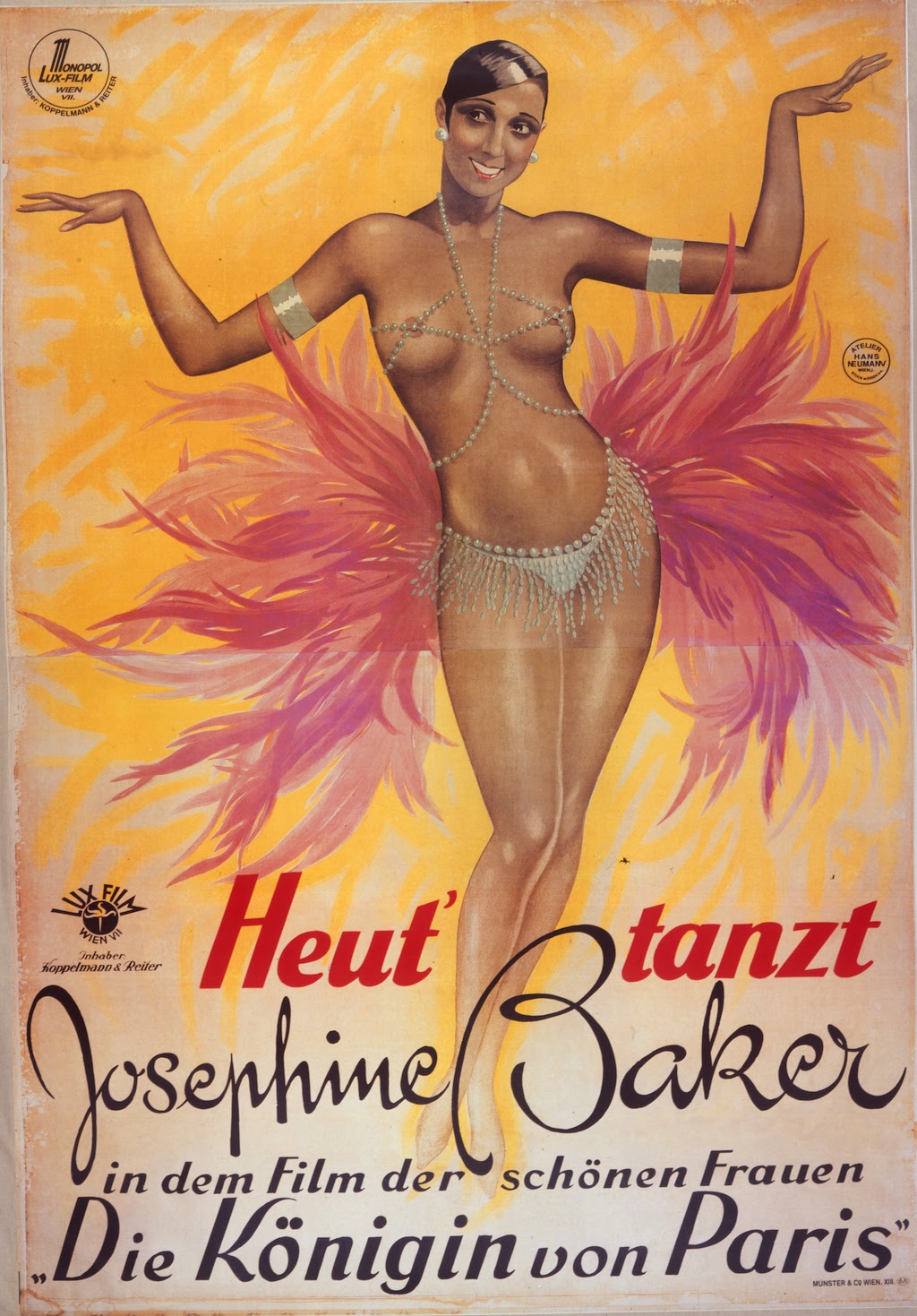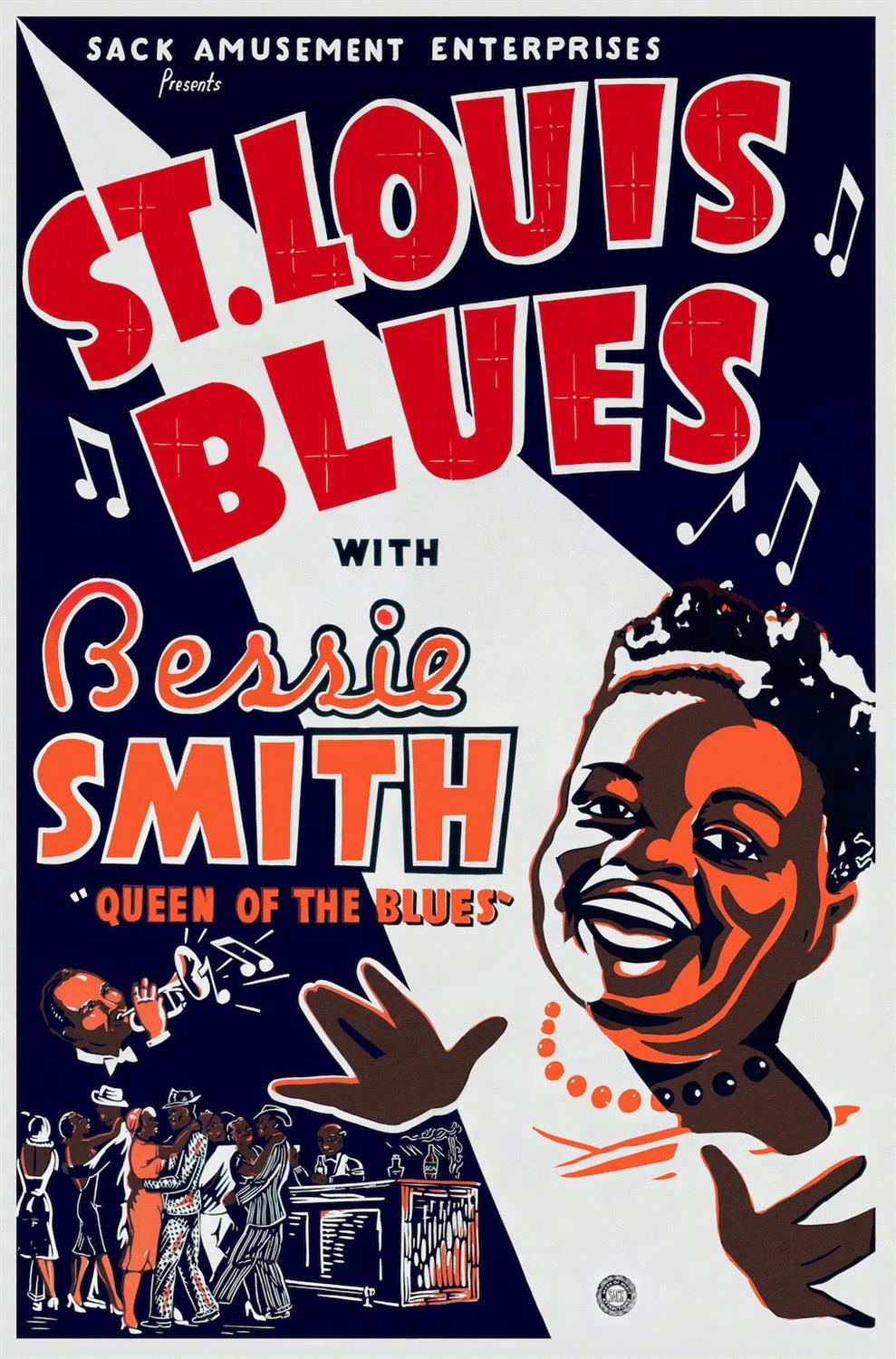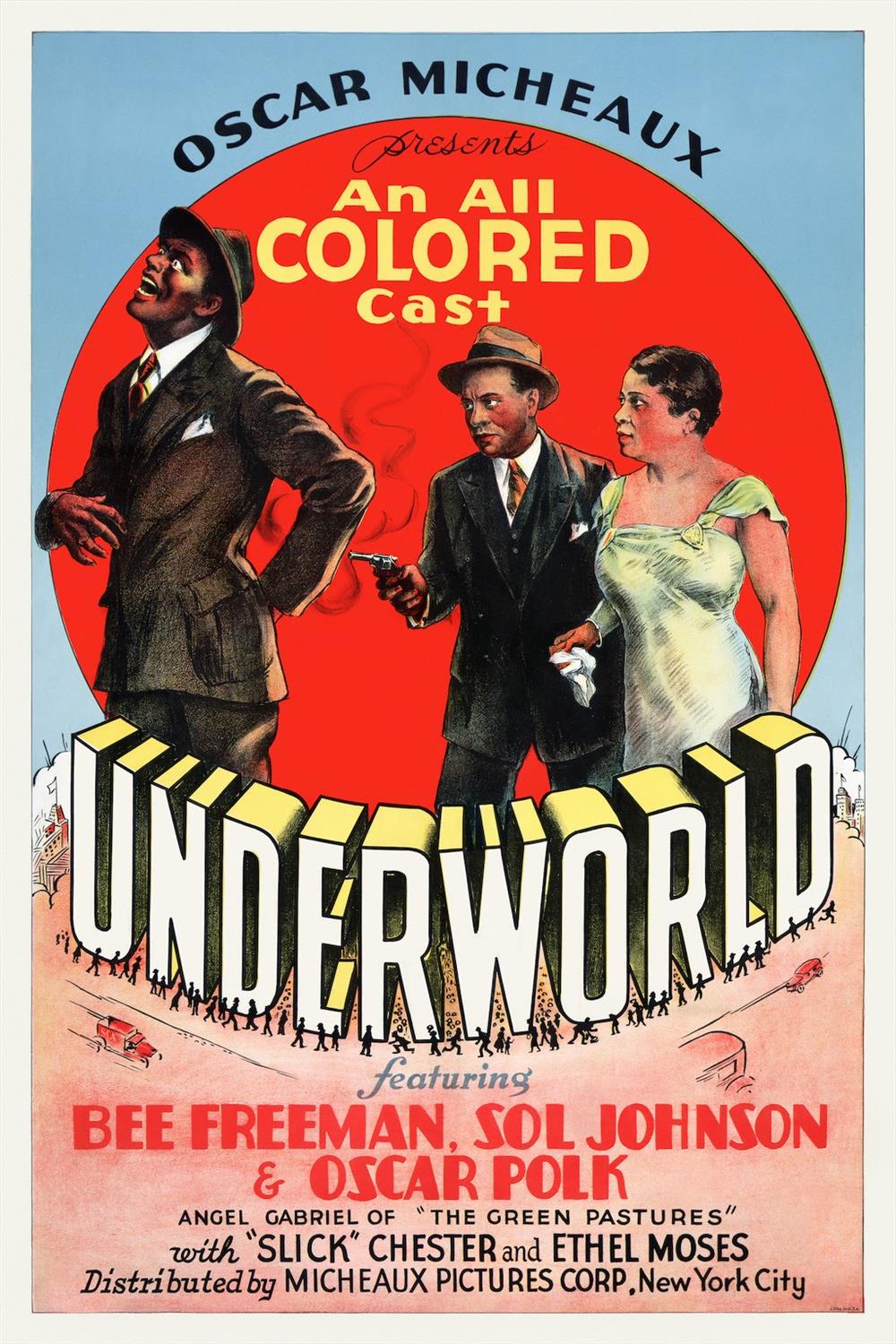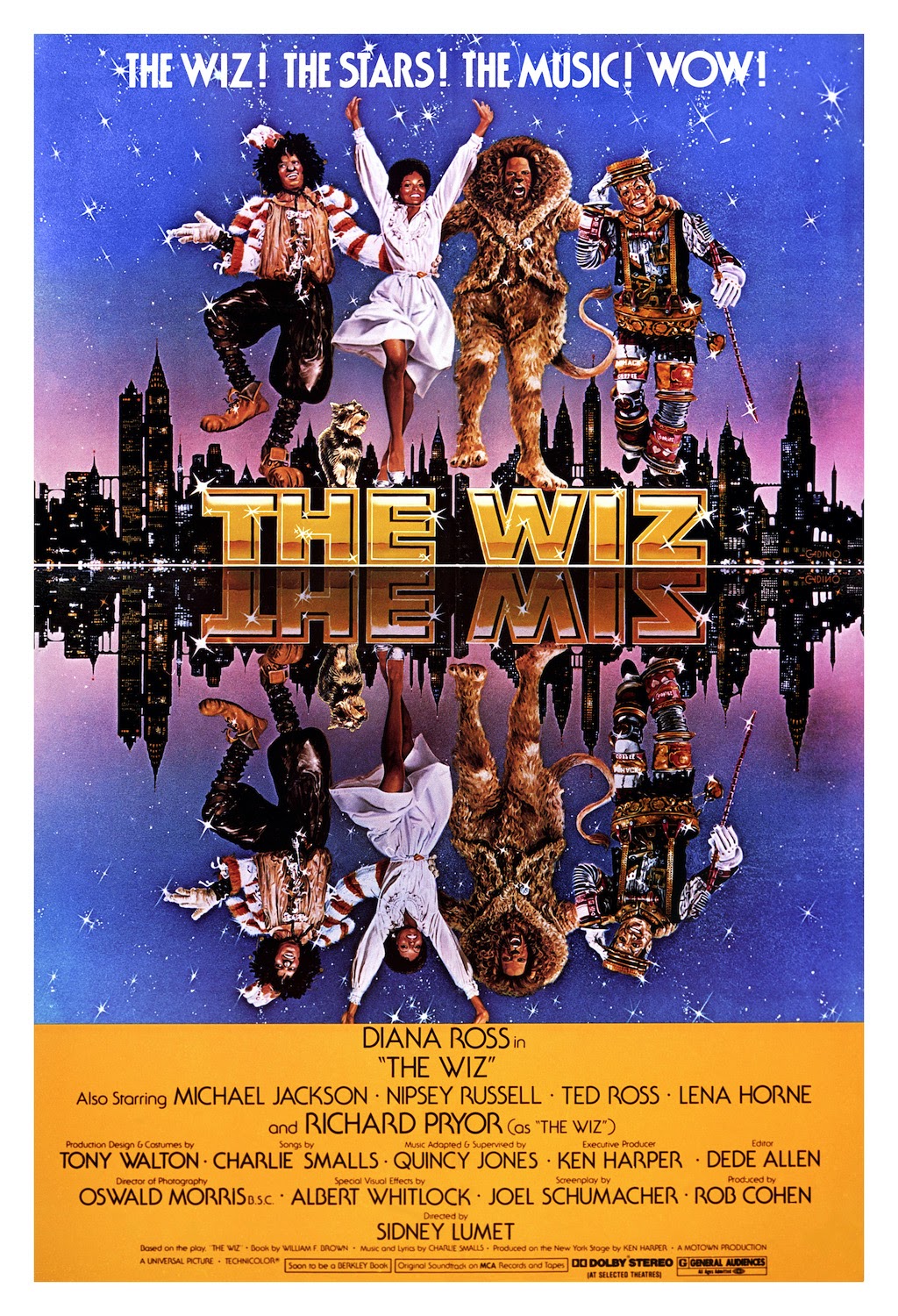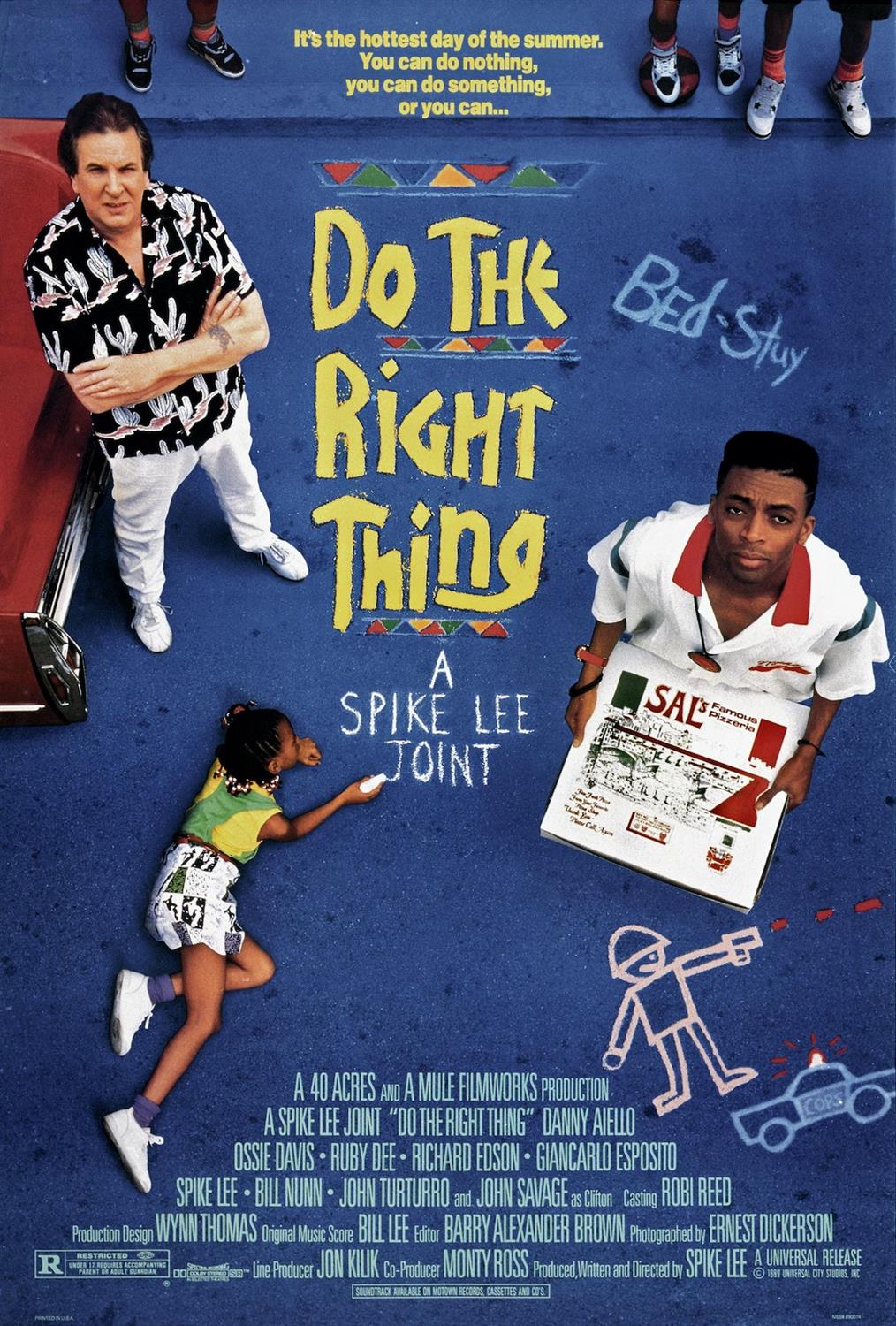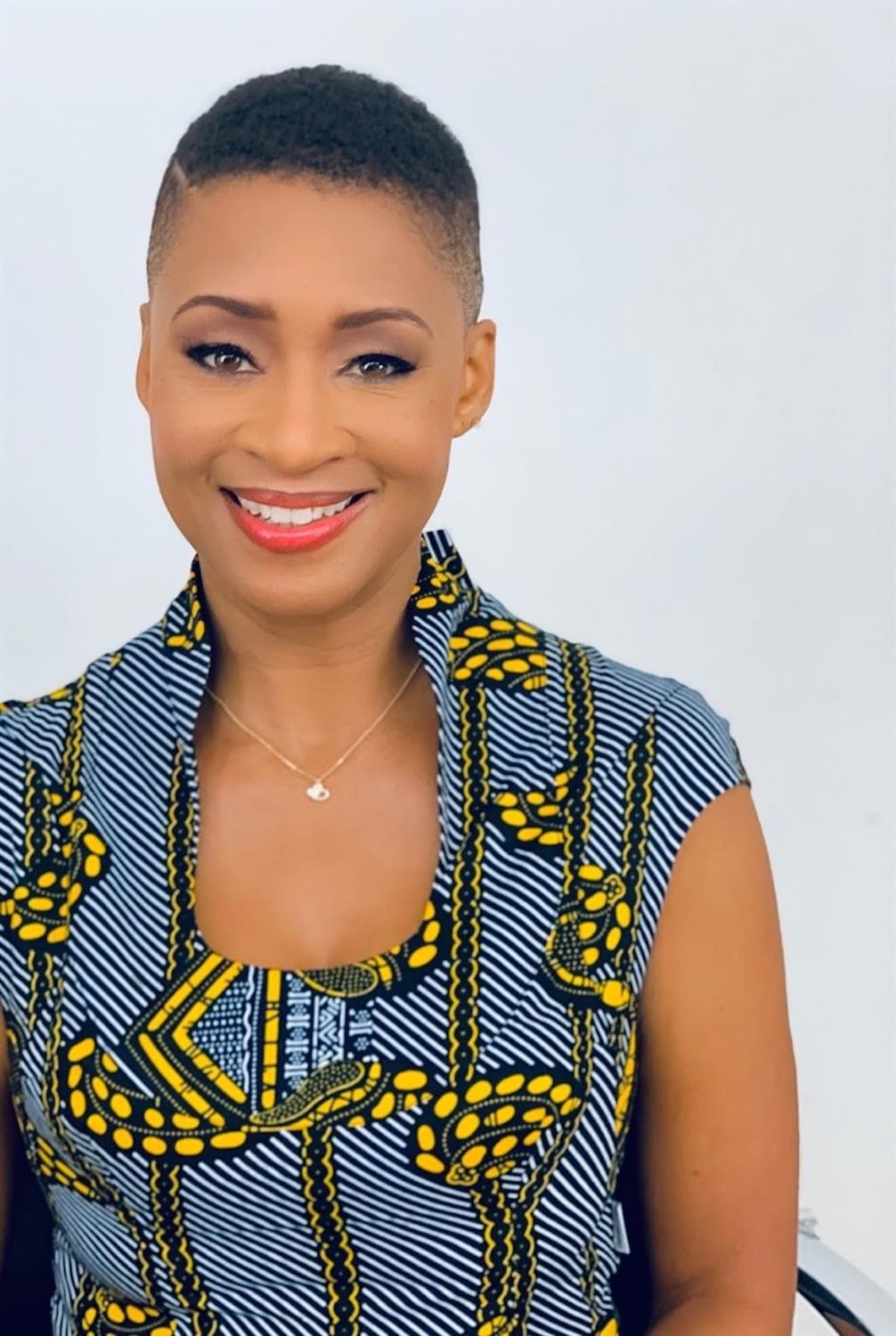Lucas Museum of Narrative Art Announces Acquisition of Separate Cinema Archive
The Lucas Museum of Narrative Art has announced its acquisition of the Separate Cinema Archive—a collection of posters, scripts, film still and more which documents African American cinema history.
What’s happening:
- The Lucas Museum of Narrative Art, currently under construction in Los Angeles’s Exposition Park, is thrilled to announce its recent acquisition of the Separate Cinema Archive, which documents African American cinema history from 1904 to 2019.
- Encompassing more than 37,000 rare items, the archive includes a major selection of:
- Original film posters
- Lobby cards
- Film stills
- Publicity material
- Scripts
- An extensive reference library
- And more
- As one of the premier narrative art forms of the 20th and 21st centuries, film and the filmmaking process are central to the Lucas Museum mission.
- The Separate Cinema Archive allows the museum to present a more inclusive history about the making and selling of feature films.
- The Separate Cinema Archive is an important addition to the museum’s growing collection of narrative art, which includes paintings, illustration, comics, photography, film-related works, and more.
Black History Month Film Screenings:
- For Black History Month, the Lucas Museum is partnering with the Los Angeles County Museum of Art (LACMA) to present a day of film on February 8, 2020, in South L.A.
- This event will feature two Oscar-nominated movies—a family-friendly matinee screening of The Wiz (1978) and an evening screening of Do the Right Thing (1989) followed by a conversation with author, scholar, and Turner Classic Movies host Jacqueline Stewart.
- Presented in celebration of LACMA’s landmark Betye Saar: Call and Response exhibition and the Lucas Museum’s Separate Cinema Archive, this Black History Month program will explore how filmmakers engage with issues of race within the narrative of the “American dream.”
- The screenings will take place at Baldwin Hills Crenshaw Plaza’s Cinemark Theater on Saturday, February 8.
- The morning matinee screening of The Wiz will coincide with Melanin Market L.A., a regular pop-up market taking place from 10 am to 5 pm outside the cinema that features black-owned businesses and vendors.
- Guests can also engage in free family art-making stations at the market provided by LACMA and the Lucas Museum.
Post Film Discussion with Jacqueline Stewart:
- Following the Do the Right Thing screening, author and archivist Jacqueline Stewart, professor of cinema and media studies at the University of Chicago, will participate in a conversation with Ryan Linkof, curator of film at the Lucas Museum, about the portrayal of race within the history of cinema.
- Stewart made her own history recently when she was announced as the first African American host at Turner Classic Movies, where she leads the Silent Sunday Nights program.
Tickets:
- Learn more and reserve tickets to The Wiz (February 8, 10:30 am) and Do the Right Thing (February 8, 6:30 pm).
What they’re saying:
- Sandra Jackson-Dumont, director and CEO of the Lucas Museum: “It is exciting to celebrate Black History Month by introducing the important Separate Cinema Archive and by screening these two iconic films even before our museum opens. Comprising original film posters, photography, and other archival materials—including for The Wiz and Do the Right Thing—the Separate Cinema Archive will not only provide film scholars with incredible opportunities for research, this treasure trove will also catalyze important conversations about the inspiring narratives of African American perspectives represented through film.”
About the Separate Cinema Archive:
- The Separate Cinema Archive chronicles the rich history of the African American film industry and its pivotal role in the pursuit of racial equality in Hollywood that continues today and beyond.
- Over the course of four decades, the archive's founder John Duke Kisch meticulously built and preserved this impressive collection, which features work by nearly every major African American film personality, from the origins of the medium to the present day, including Oscar Micheaux, Josephine Baker, Paul Robeson, Dorothy Dandridge, Sidney Poitier, and musical legends such as Duke Ellington and Diana Ross.
- The archive is an indispensable resource for the study and contextualization of African American artistic and cultural history.
- The name of the archive refers to the so-called race films featuring all-black casts that proliferated between the 1910s and the late 1940s.
- Produced outside of the mainstream cinema of the day, these films were created by both black and white producers and directors for African American audiences.
- Independent production companies created what was, in effect, a “separate cinema”—a parallel universe of black films, with its own stars and traditions, which played in segregated theaters in both the North and the South.



